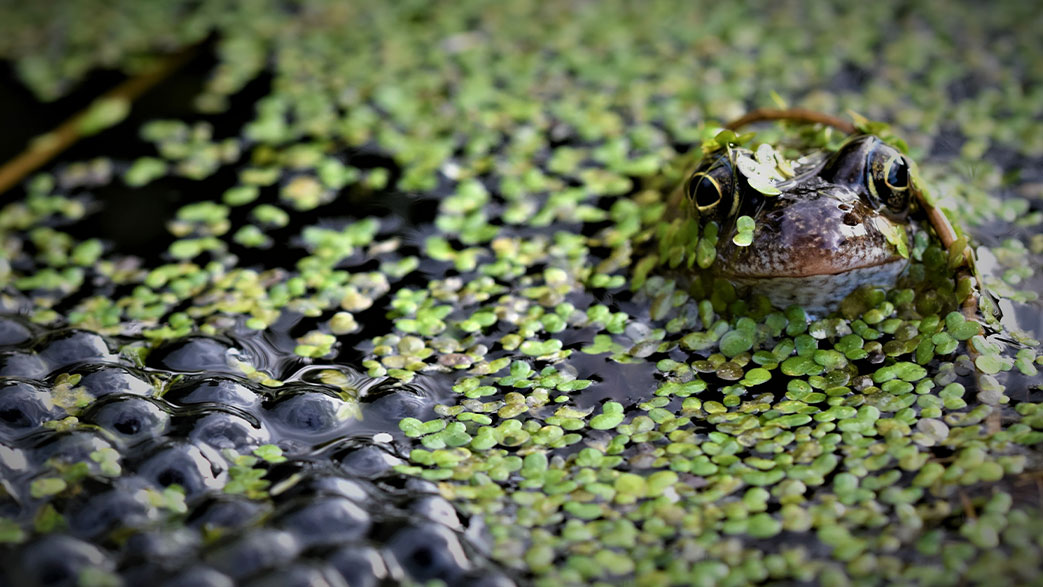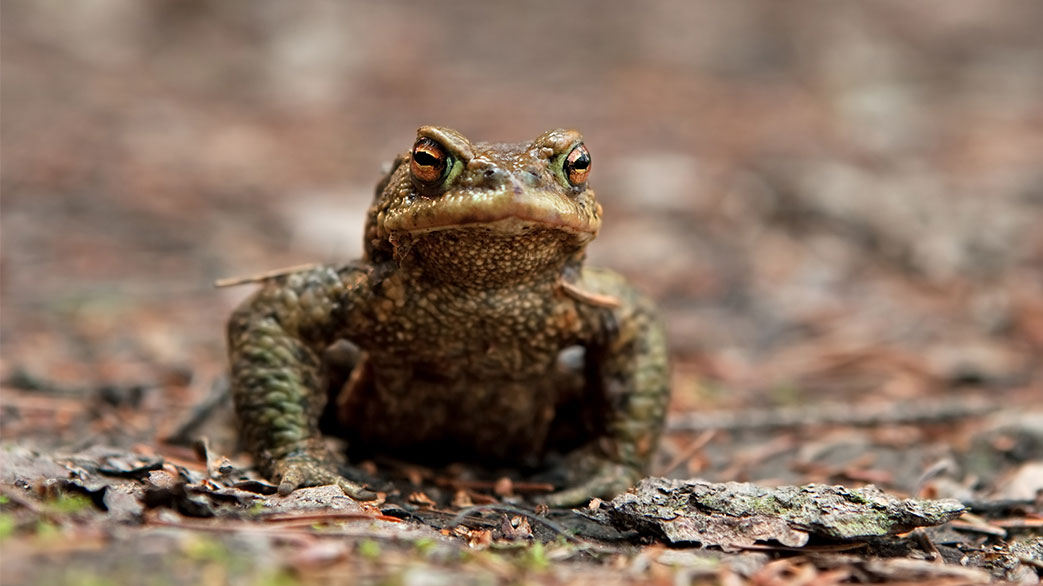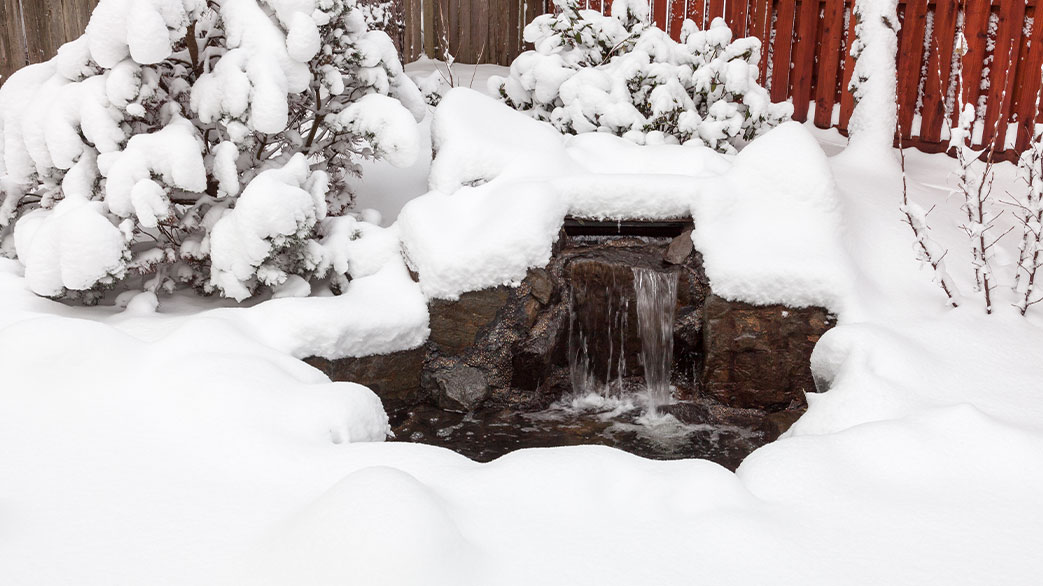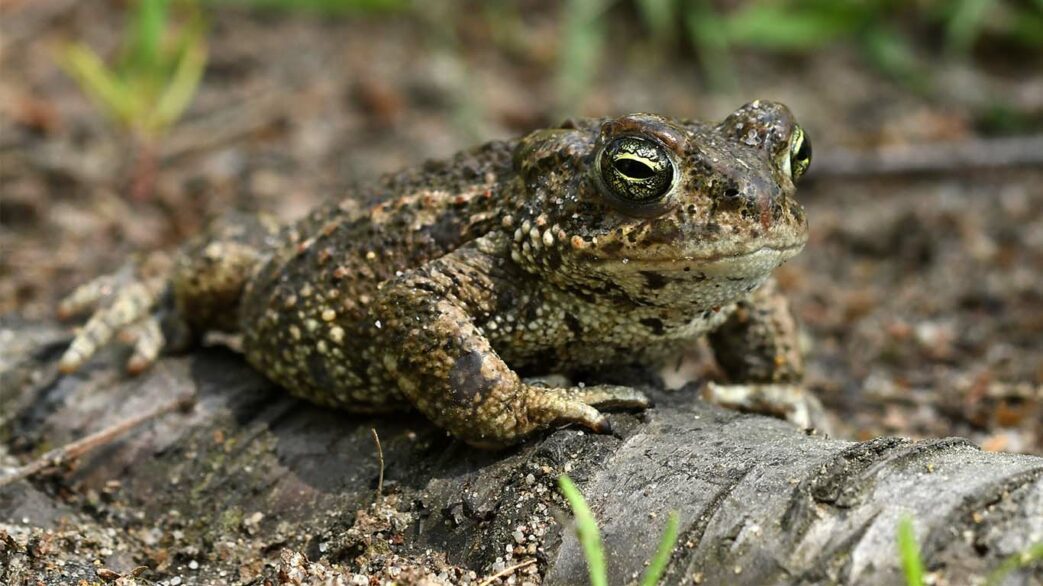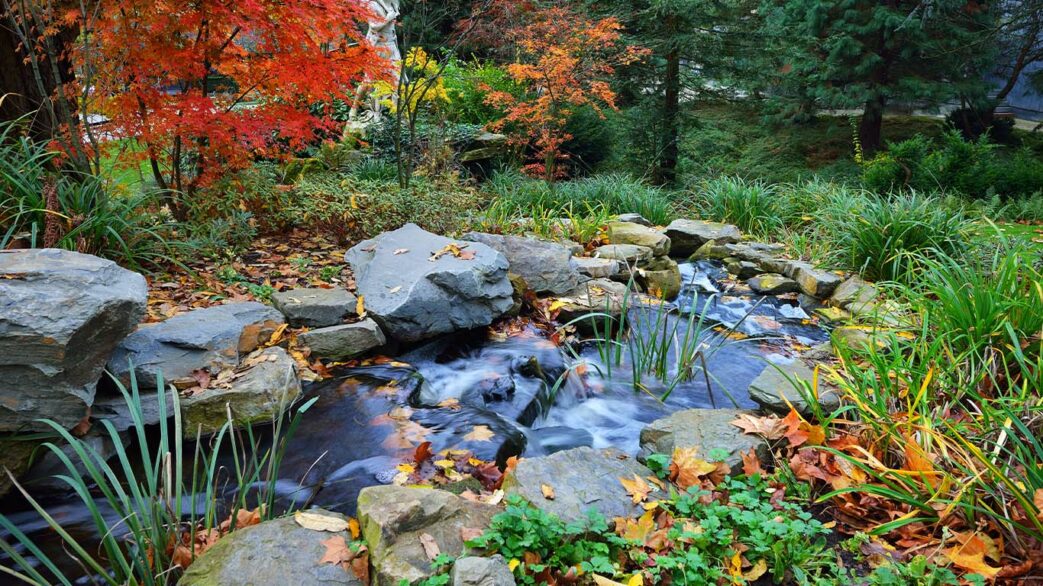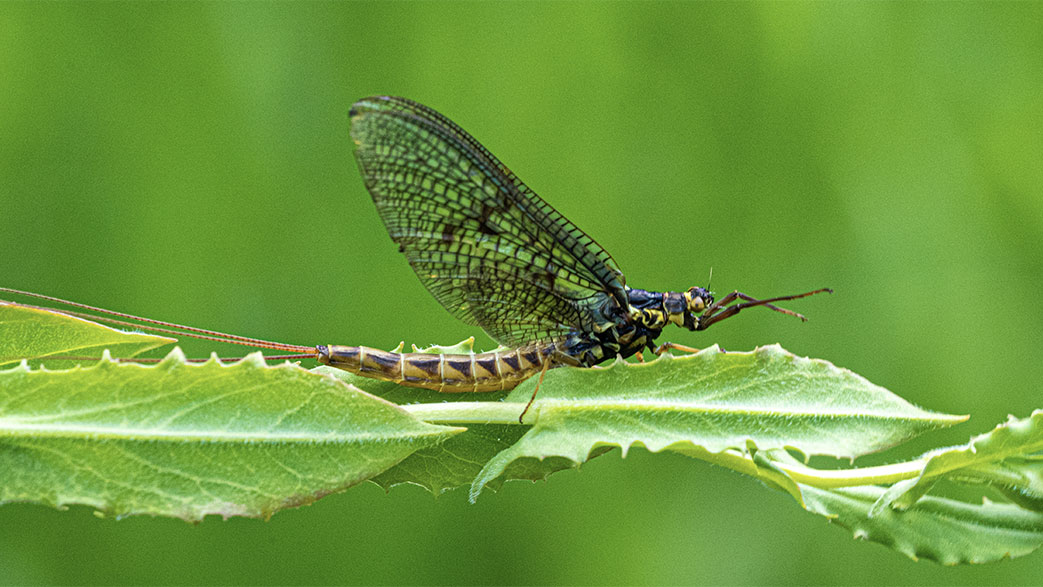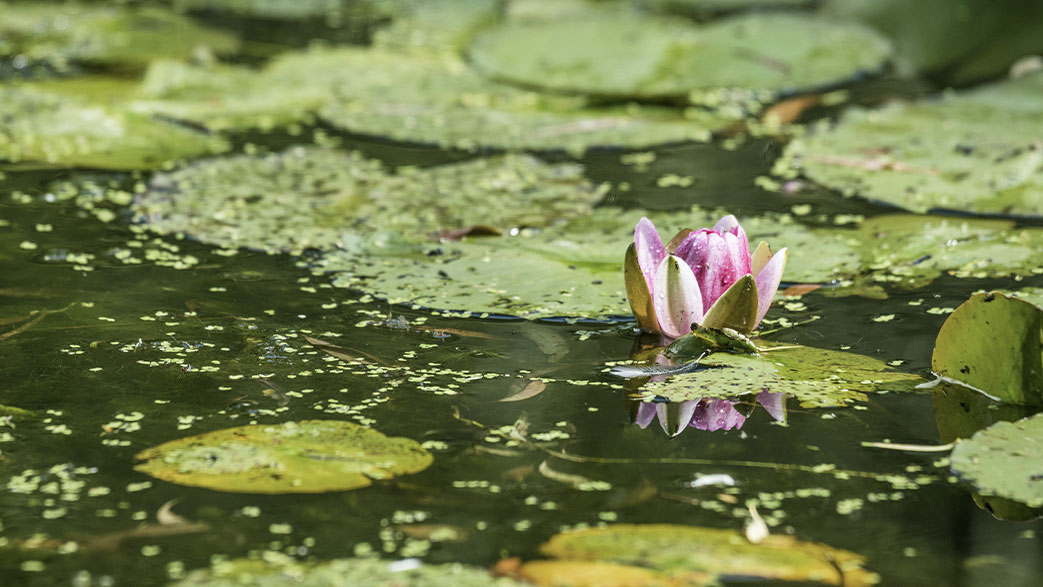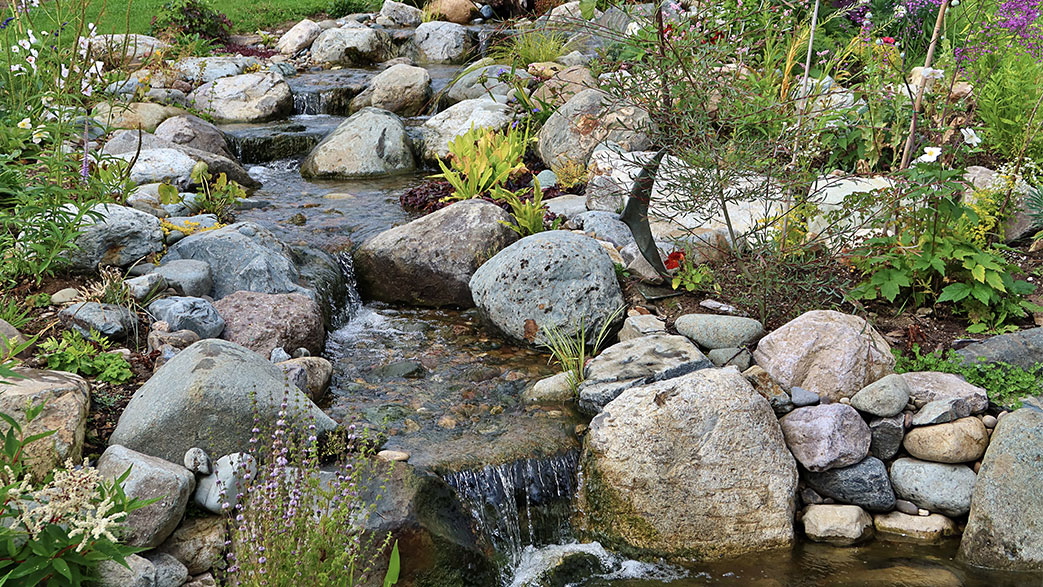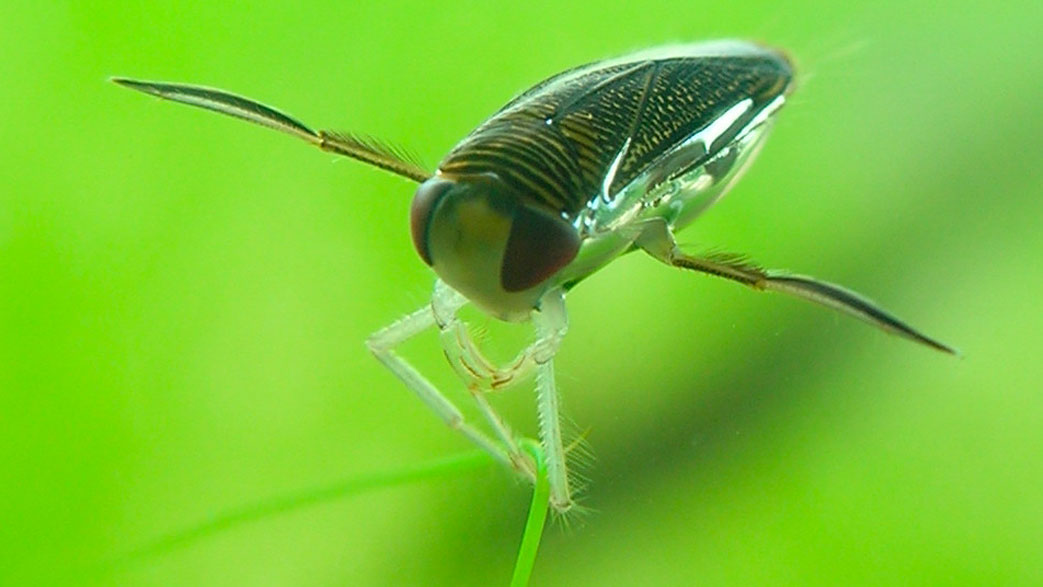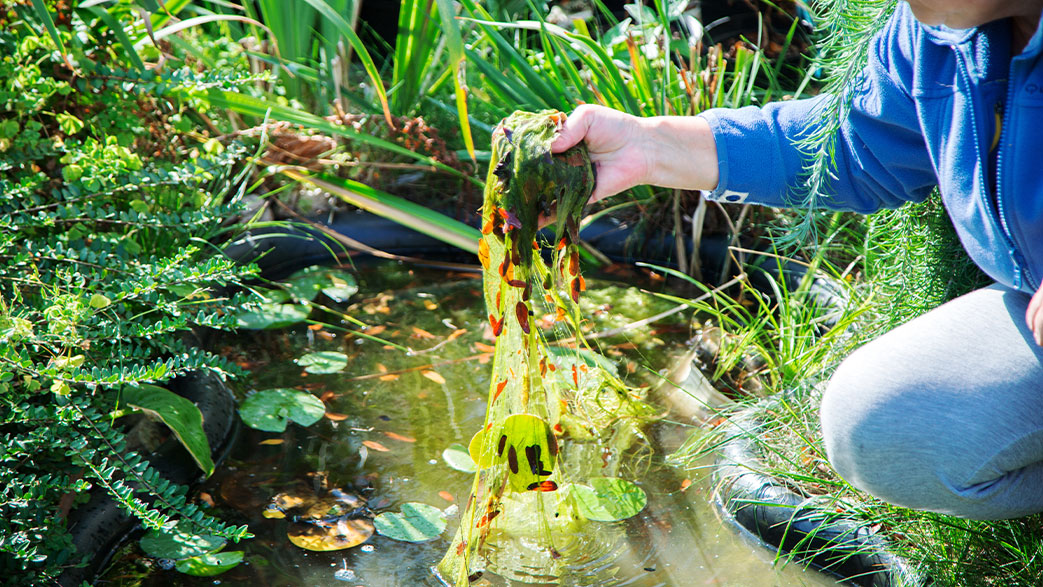The period where we move further from harsh, cold winter days and closer to the flourishing spring is a time of true anticipation. Now is the time amphibians’ wake from …
How Reptiles and Amphibians Adapt in Winter
If you have a garden pond, you will notice that your pond is relatively quiet during the cold winter months, specifically with reptiles and amphibians. Both reptiles and amphibians are …
6 Tips for Winterizing Your Pond
Putting your pond to bed for winter doesn’t need to be an arduous process. Sure, it’s sad to say goodbye to your finned friends for a few months, but following …
Natterjack toad (Bufo calamita)
Length: 6-8cm Weight: 4-19g Average lifespan: 10-15 years Conservation status Protected in the UK under the Wildlife and Countryside Act, 1981. Priority Species under the UK Post-2010 Biodiversity Framework. Listed …
6 Tips for Autumn Pond Care
A nip in the air, shorter days, and the shedding of multi-colored leaves from the trees signifies a changing of the seasons. Hello Autumn! Although we have been having some …
Green Drake Mayfly (Ephemera dancia)
Length: 5cm Conservation status Common. When to see January to December Bio The green drake (or common) mayfly only eats when it is an aquatic larvae, when its diet consists …
What’s happening in your pond? – Potential warning signs
In most cases ponds are at their best during the summer and need relatively little maintenance. Some problems can occur, with the following being the most likely: Water loss – This …
What is an ecosystem pond?
Ecosystem ponds are what we are most recognised for here at DU Waterscapes. They are a feature that stands alongside the company’s ethos of not only producing water features of …
Lesser Water-boatman (Corixa punctate)
Length: 0.9cm Conservation status Common. When to see January to December Bio The lesser water-boatman has a varied diet, feeding off of both decaying plant matter as well as small …
What’s happening in your pond? – The recent algal blooms
When completing the VIP services this month it was duly noted that some clients had experienced an algal bloom in their ponds, which had until recently been as clear as …

